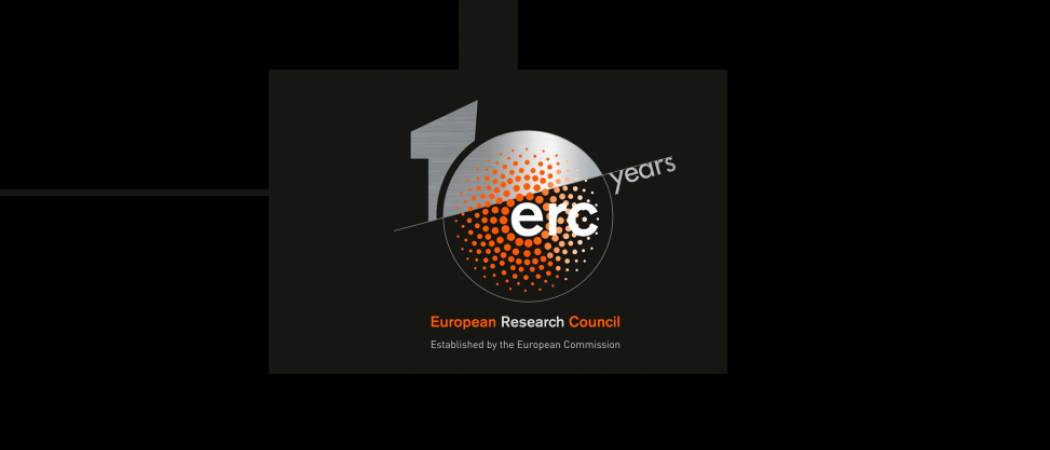Freeing research funder from European Commission oversight will cut red tape, UK science academy says. The idea has some broader support among scientists

The ERC has recently celebrated 10 years of existence.
The European Research Council (ERC) should get “full decision-making autonomy” from the European Commission, according to new paper from the Royal Society of Edinburgh (RSE).
Currently, an autonomous scientific council of 22 members sets the scientific direction of the ERC, but an executive agency controlled by the Commission runs day-to-day grant administration.
Placing scientific and administrative control in ERC hands, “Would address the concern that decision making is unduly fettered or made more bureaucratic by the involvement of a Commission-led executive agency”, the national academy argues.
“As things stand the strategic authority of the [ERC] Council can be impinged by the ERC Executive Agency, appointed by the Commission,” said William Hardie, a policy advice manager at the RSE.
The argument is that full control would provide better long-term stability for the council, freeing it from having to worry about changing political tides and the delicate and mysterious art of EU budget allocations.
The ERC ran a budget of €1.8 billion in 2017, which is around 1 per cent of overall spending on research in Europe.
With EU Research Commissioner Carlos Moedas referring to ERC as a “crown jewel” any attempt to cut the Commission, the ERC’s source of funding, out of a management role, looks to be a non-starter.
As a research academy in the UK, soon to be outside the EU, RSE may have additional motivation for wanting to see ERC governance untied from the Commission. However, the option is broadly popular with scientists, who value greater freedom for the council and a limit on bureaucratic checks and balances.
A paper published in July 2017 setting out priorities for the next EU R&D programme, Framework Programme Nine by ALL European Academies (European Federation of Academies of Sciences and Humanities), argues the ERC should be able to appoint its own executive agency, reporting directly to the scientific council, and without the involvement of the Commission.
ERC autonomy “has been at times undermined or at least made difficult” by the current management set-up, says ALL, which represents to academies of sciences and learned societies from over 40 countries.
The ERC was contacted about the RSE paper but did not comment before publication.





 A unique international forum for public research organisations and companies to connect their external engagement with strategic interests around their R&D system.
A unique international forum for public research organisations and companies to connect their external engagement with strategic interests around their R&D system.